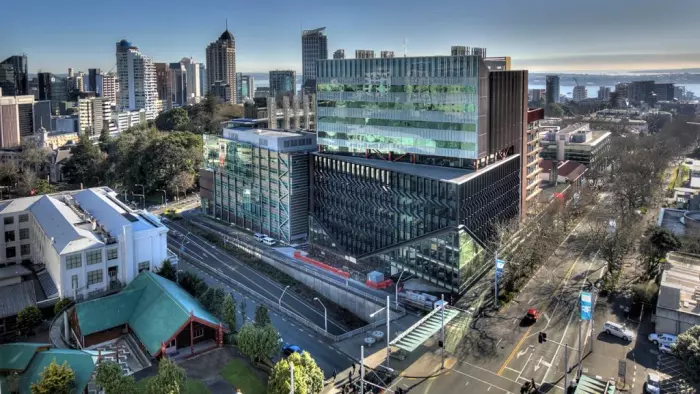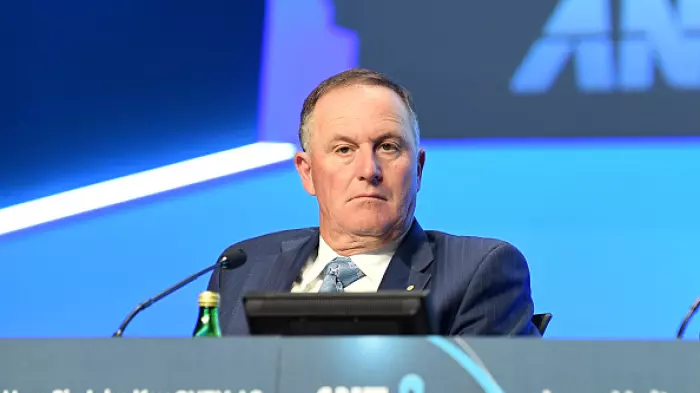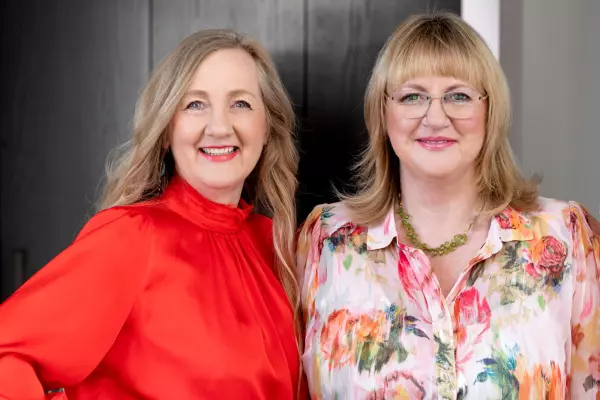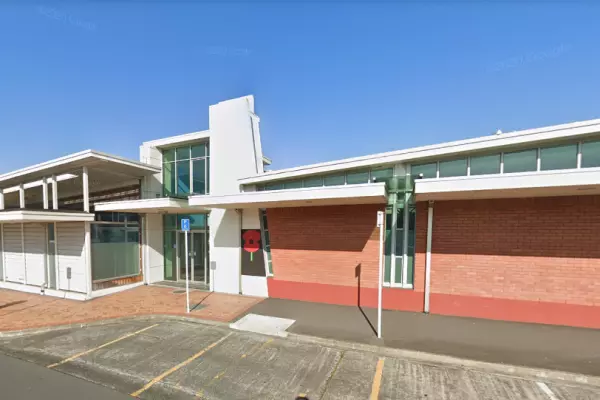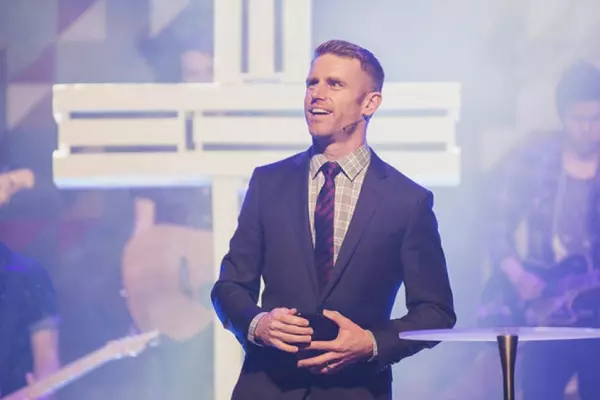Running a large charity successfully requires a healthy dose of financial prudence and long-term thinking. Aside from operational spending, some money must be kept in reserve to make sure that those who rely on the charity are supported consistently, even if income dries up.
The value of property has recently skyrocketed in New Zealand. This is good news for the balance sheets of many of the nation’s largest landowning charities but may add a financial burden to those that pay rent.
So just how do charities manage their investments? Using the latest annual reports filed to the Charities Services, BusinessDesk has analysed the accounts of the nation’s top 15 charities, in terms of asset value, to try to answer just that question.
Overview
Overall, the most well-endowed charities own $22.1 billion in assets, equivalent to 7% of New Zealand’s GDP. The top 15 organisations own 28% of the $80.2b held in assets by the nation’s 26,000-plus charities.
Excluding the six universities from the total, total assets equal $9.4b, of which $392 million is held in cash. The majority (63%) of that comes from Waikato Raupatu Lands Trust, which holds $246m in cash.
Unsurprisingly, as with the top 15 revenue list, universities make up the bulk of the top 10 asset-holders.
Study Costs
Collectively, the top six universities hold $12.1b in assets, with the University of Auckland (1st in asset ranking) contributing more than $4b to the total. Universities' buildings and equipment make up the bulk of their assets. For example, 99% of Victoria University of Wellington’s (8th) assets are in property, plant and equipment.
This does not mean their finances are beyond reproach. In 2020, the University of Auckland was reprimanded for spending $5m on a mansion that was then rented out at a huge discount to the vice-chancellor. The auditor-general found that the university was "unable to show the expenditure was moderate and conservative”, although last year, the property was then sold for nearly $1m profit, highlighting the complexity of criticising charities for seemingly extravagant purchases.
Unlimited
In 2020, Regional Facilities Auckland (5th), merged with the Auckland Tourism, Events and Economic Development to form Auckland Unlimited. Auckland Unlimited, a 100% owned subsidiary of Auckland Council, continues to be the sole trustee of Regional Facilities Auckland, a charitable trust.
Its assets are valued at more than $1.7b and include Auckland Art Gallery Toi o Tāmaki, Auckland Conventions, Auckland Live, Auckland Stadiums, Auckland Zoo and New Zealand Maritime Museum.
The Aotea Centre was valued at $239m in 2018 and the land it is on at $66m and will likely be worth significantly more now. The organisation’s fine artwork collection was last year valued at $316m.
Investment masterclass
Dilworth Trust (10th) is the charity that funds the eponymous boys' boarding school in Epsom, Auckland. It has the largest investment property portfolio of any charity in NZ.
Aside from the large school campus that houses its 523 students, the trust owns 144 properties worth more than $756m, including 62 city centre dwellings on Chews Lane, Wellington. Last year, they made $30m in rental income.
Due to the conditions left in founder James Dilworth’s will, the trust “is specifically precluded from assisting any other cause, however worthy”. Instead it is focused on “expanding the Trust assets long-term, which will enable the school to grow the roll and educate more students”.
Around 5% of the school’s annual operating costs are covered by the government's grant for private schools. In the past two years, they received $1.85m. According to their accounts, it cost $27.6m to run the school last year.
It plans to open a girls’ school by 2025 and is asking for donations.
Iwi
Waikato Raupatu Lands Trust and Group (7th) are the financial arm of the 68 marae and 77,00 members of the Tainui tribe. It is one of the region’s largest landholders following the 1995 treaty settlement.
The trust encompasses a number of commercial enterprises and land holdings with the stated mission of taking a “long-term, disciplined approach to creating tribal wealth, through diversification, discipline and strong governance”.
This was demonstrated last year when the Tainui trust gave out $20m specifically to provide education to its members on financial investment - the largest such “special grant” on record.
It holds over $1.53b in assets, including the 490 hectare Ruakura Superhub, one of NZ’s largest industrial projects, at heart of the so-called freight “golden triangle between Auckland, Hamilton and Tauranga.
About half the total portfolio, $760m, is in investments - $689m in investment property and $71m in financial investments. Last year, they reported a $32.4m gain from property revaluation.
Slightly wealthier is the Ngāi Tahu Charitable Trust (4th), which represents the largest iwi in the South Island.
They hold assets valued at more than $1.86b, $609m of this is in investment property and $282m in other investments.
Trusts in God
The Roman Catholic Diocese of Auckland Ecclesiastical Goods Trust (9th) is one of the oldest organisations in modern NZ. They attribute this as the reason why 80% of their $1.13b portfolio is in property, primarily churches, schools and community facilities.
However, these assets may prove to be a somewhat liability in the long term. The trust reports that they face “major challenges in remediating and repairing” numerous places of worship. Insurance for masonry buildings, in particular, has become far more difficult to obtain since the Canterbury earthquakes.
The diocese has invested in the rebuild of St Pius X school in Glen Innes and an ongoing redevelopment of St John the Evangelist in Otara.
In May last year, the Catholic Education Board dropped its legal action against the government after being allocated $52.8m for capital maintenance in the 2012 budget. Originally, they had been left out despite expecting to qualify as a state-integrated school.
Also underpinned by Christian faith are the Selwyn Foundation (13th) and the Salvation Army (12th).
As well as running retirement villages and aged care, the Selwyn Foundation distributes at least 30% of its annual operating surplus to charitable and not-for-profit groups such as Auckland City Mission, The HOPE Foundation, the NZ Association of Gerontology and The Selwyn Institute for Ageing and Spirituality. Last year this totalled $798,000.
But this calculation does not include rising land values that saw Selwyn’s $448m investment property portfolio gain $170m in value, a 27% rise to $618m in just one year.
The Salvation Army, also one of the nation’s largest charities by revenue, holds $717m in assets. Nearly half (42%) of this is held in non-property investments, the second highest of any charity in NZ. Last year, it took in $45.3m from investment and rental income, 21% of its total revenue.
Milking it?
Trinity Lands (15th) is run by the Open Brethren, a collection of evangelical churches with 14,160 members nationwide, according to the 2018 census.
Formed in 2012 by a merger of three decades-old Brethren charities, the trust’s mission is to advance the Christian religion and fund Christian colleges and camps.
It brings in millions from milk and kiwifruit production, farmed in 6,400 hectares of dairy land, mostly in Waikato and 390 canopy hectares, primarily in the Bay of Plenty.
Trinity’s total assets are valued at $606m, a 16% increase on the year before. It reported “all time record highs” of yields and revenues from its dairy and fruit farming, with a 20% rise from the previous year. Its $99.6m in sales revenue was primarily from milk (50%) and kiwifruit (38%). Nearly all of Trinity’s milk was sold to Fonterra, where Trinity CEO Peter McBride is board chair.
It holds $86.8m in stocks, more than half in Zespri, the kiwifruit giant, and more than $19m invested in Fonterra. Trinity’s business development manager Tony Hawken is a director of Zespri, which McBride used to chair
The Trust reported net profits of $42.9m, half of which goes to the three charities that make up the organisation. Its external charitable donations last year totalled $726,324 - or 1.6% of its net distributable profit.
The Charities Service investigated the Trust after a detailed anonymous complaint. It ended in 2018, with the investigators concluding that “no evidence has been found to support the complaint”.
Central Lakes Trust (14th) is, among other things, an electricity network provider to the Central Otago and Southern Lakes region, via Pioneer Energy (which makes up about 35% of its assets). It holds $658m in assets, nearly two-thirds ($428m) of which is in investments.
Several of the trust’s management are also connected to the charities that receive its grants. For example, four key personnel are members of the Wanaka Golf Club, which received a $50,000 grant from the trust last year.
Overall the Central Lakes Trust disbursed $9.45m in grants last year, under 8% of its surplus last year.


